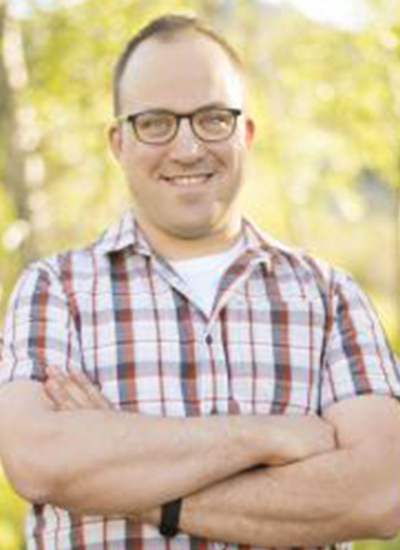Paul Carini
Associate Professor, Soil / Subsurface Microbial Ecology
Associate Professor, School of Plant Sciences
Associate Professor, Genetics - GIDP
Associate Professor, BIO5 Institute
Member of the General Faculty
Member of the Graduate Faculty
Primary Department
Department Affiliations
Contact
(520) 621-1646
Work Summary
We investigate the myriad of ways microbes living in the wild (soil, water and air) affect Earth processes and our health.


